Ovarian cancer surgery is one of the primary treatment options for ovarian cancer, offering patients a chance to remove cancerous tissue and improve long-term survival. Dr. Saurabh Phadnis, based in London, provides comprehensive ovarian cancer surgery, utilizing advanced techniques and a personalized approach to ensure the best possible outcome for each patient.
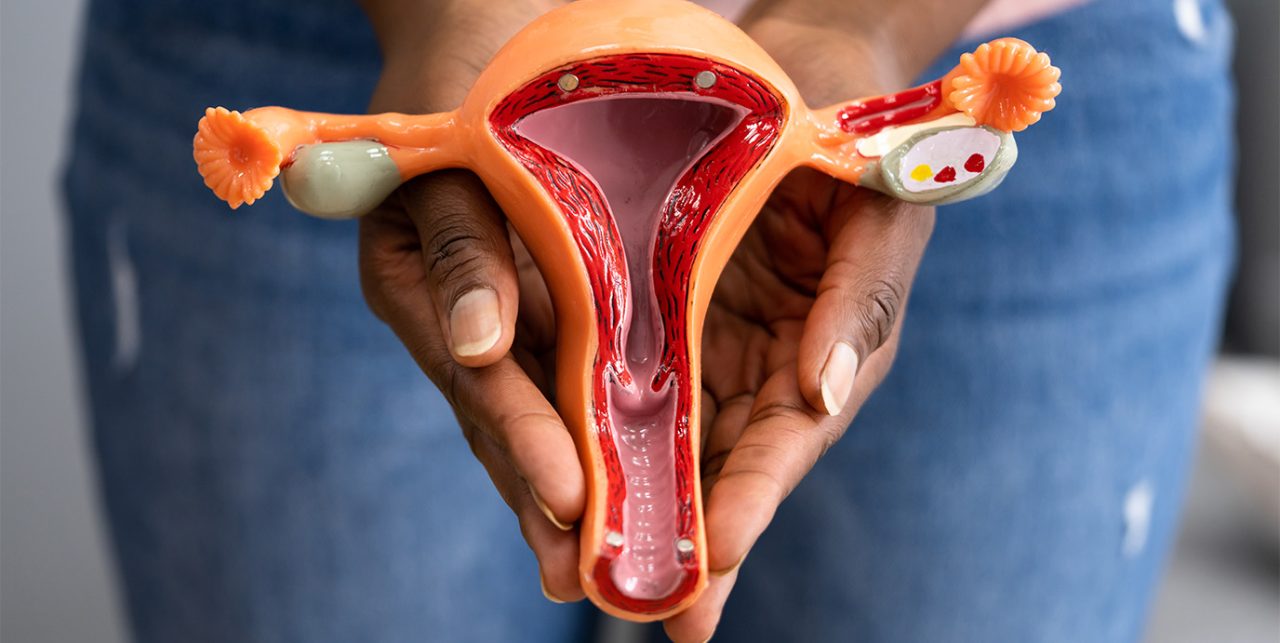
Ovarian cancer surgery involves the removal of cancerous tissue from the ovaries, fallopian tubes, and sometimes the uterus and other nearby structures.
The procedure is typically recommended when the cancer is localized and can be surgically removed. Depending on the cancer’s stage and location, different types of surgeries may be performed.
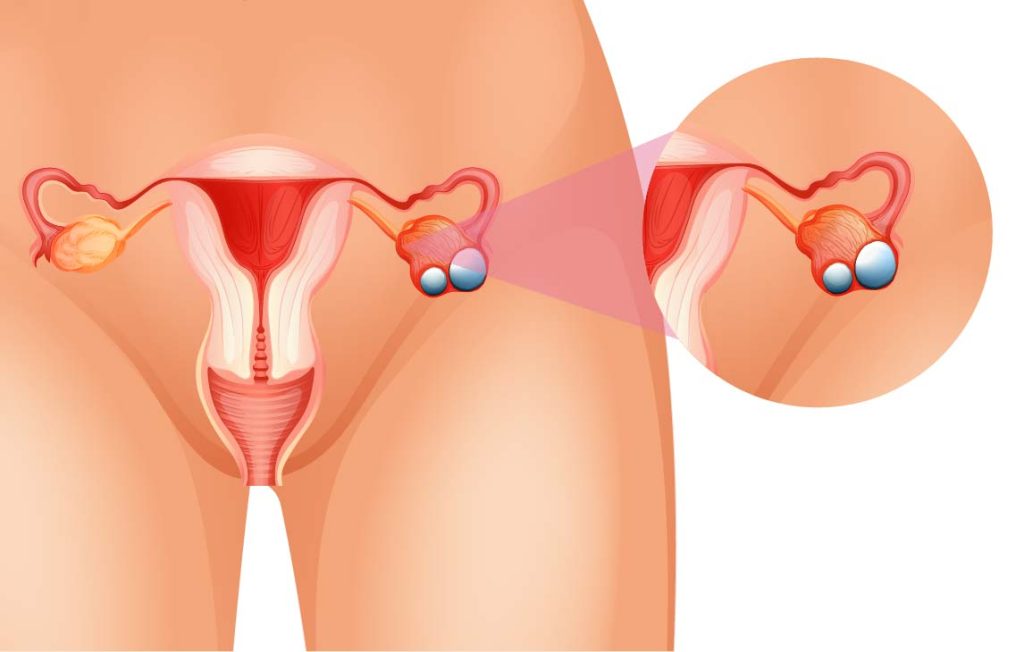
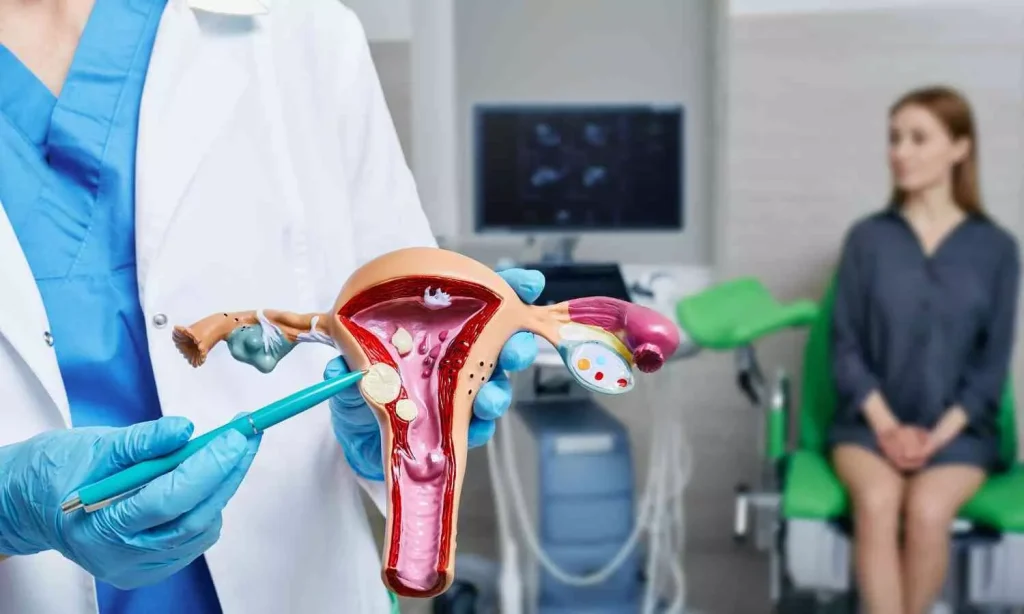
The key benefits of the surgery include:
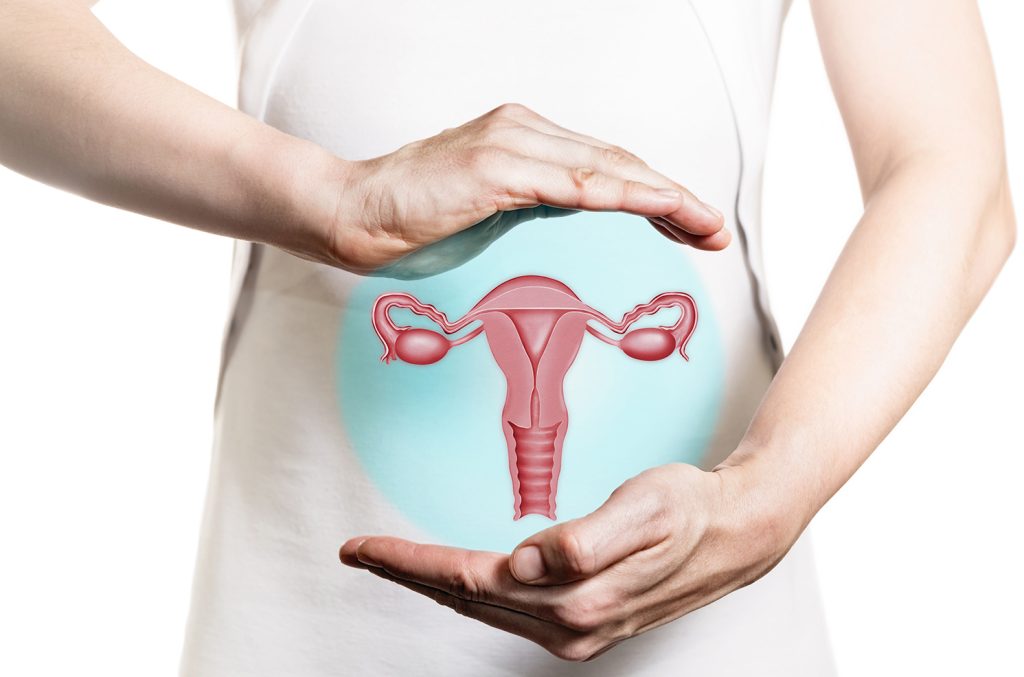
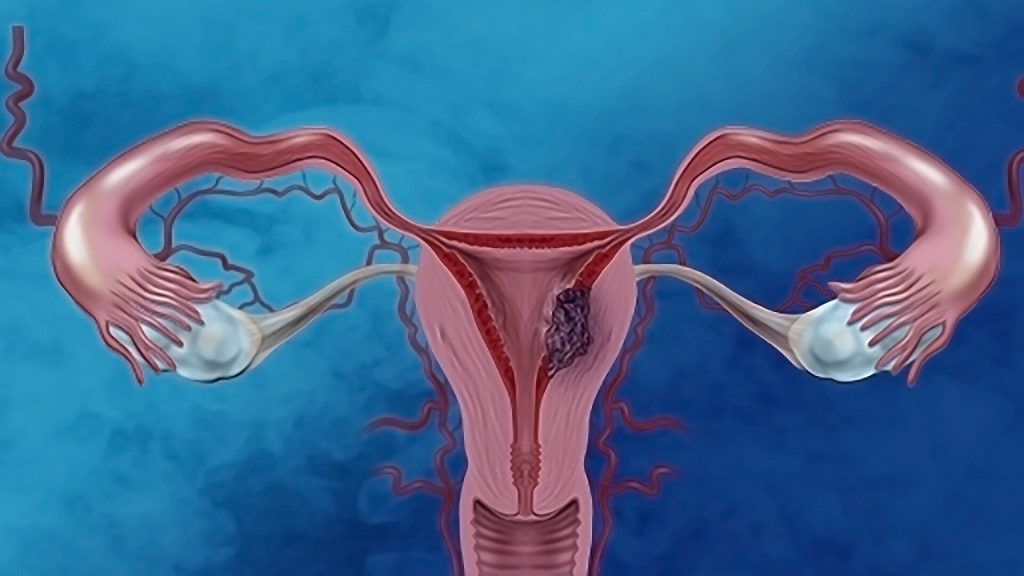
Before your ovarian cancer surgery, you will undergo several diagnostic tests to assess the extent of the cancer. These tests may include:
Ovarian cancer surgery is typically performed under general anaesthesia, so you will be unconscious during the procedure.
The procedure may involve:
In the days leading up to your surgery, Dr. Phadnis will give you specific instructions. These might include dietary restrictions, instructions on taking medications, and advice on what to bring with you to the hospital.
After surgery, most patients stay in the hospital for several days. Recovery time varies depending on the type of surgery and your overall health.
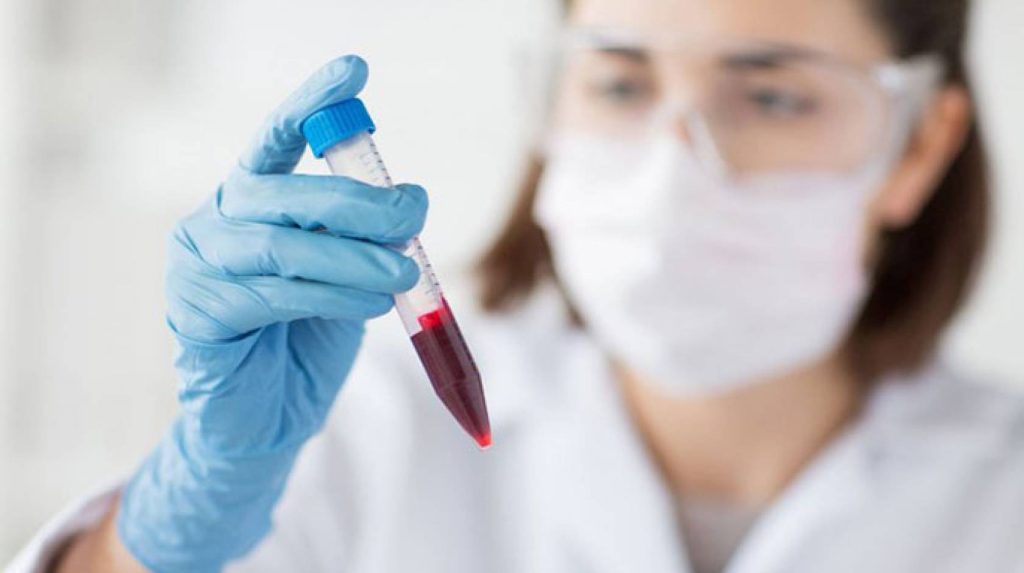

In the first two weeks following surgery, your body will be in the early stages of healing. During this period, rest is crucial.
By the third to sixth week, you should start feeling more energetic. You will be able to engage in light activities but should still avoid heavy lifting or strenuous exercise.
Complete recovery from ovarian cancer surgery typically takes 6-12 weeks. The surgery’s impact on your daily life will gradually decrease, and most patients can resume normal activities by this stage.

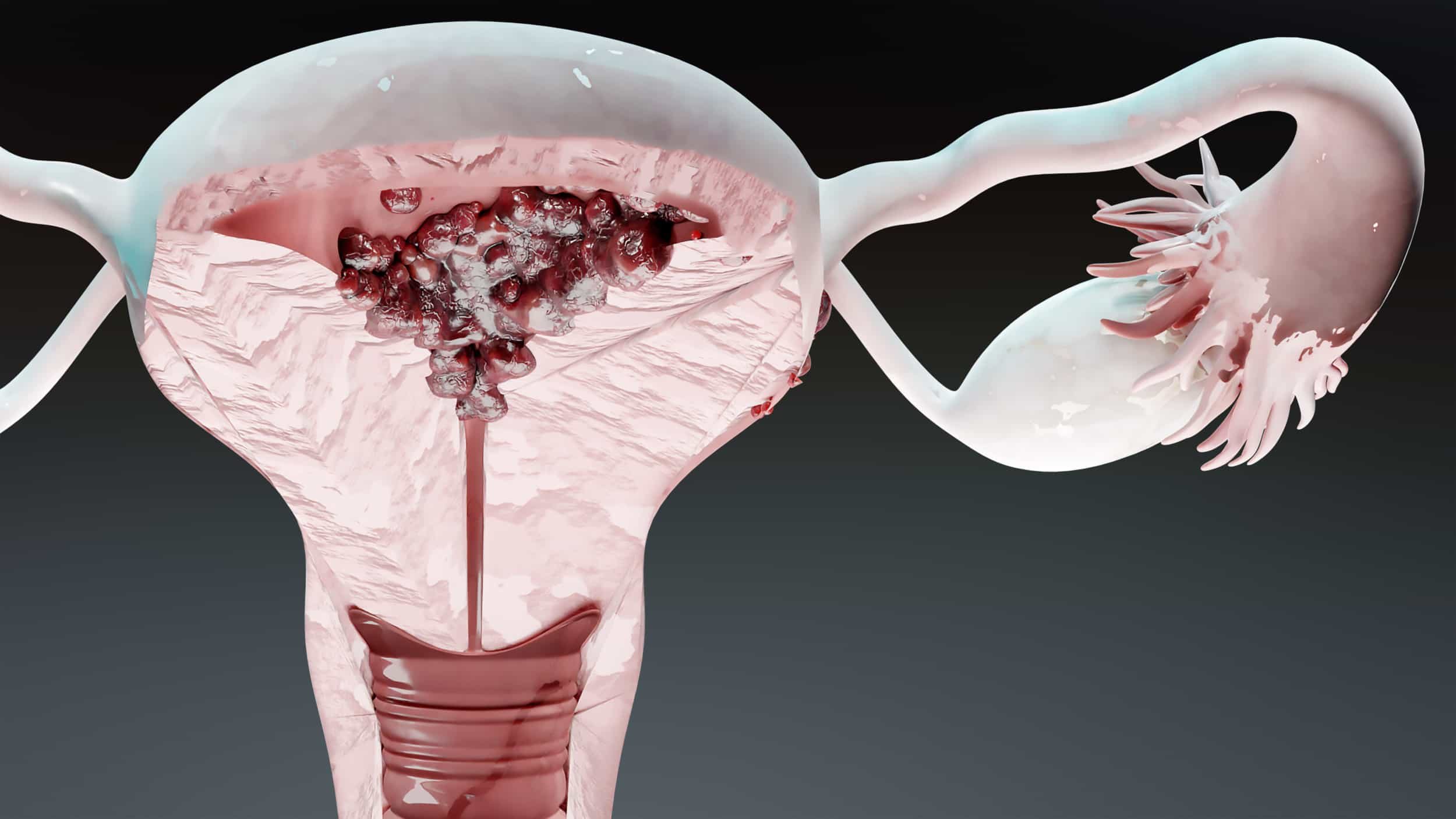
The cost of ovarian cancer surgery can vary based on several factors, including the complexity of the surgery, the type of hospital, and your insurance coverage.
Dr. Phadnis offers consultations where he will explain the potential costs involved, helping you understand your financial options and any insurance coverage you may have.
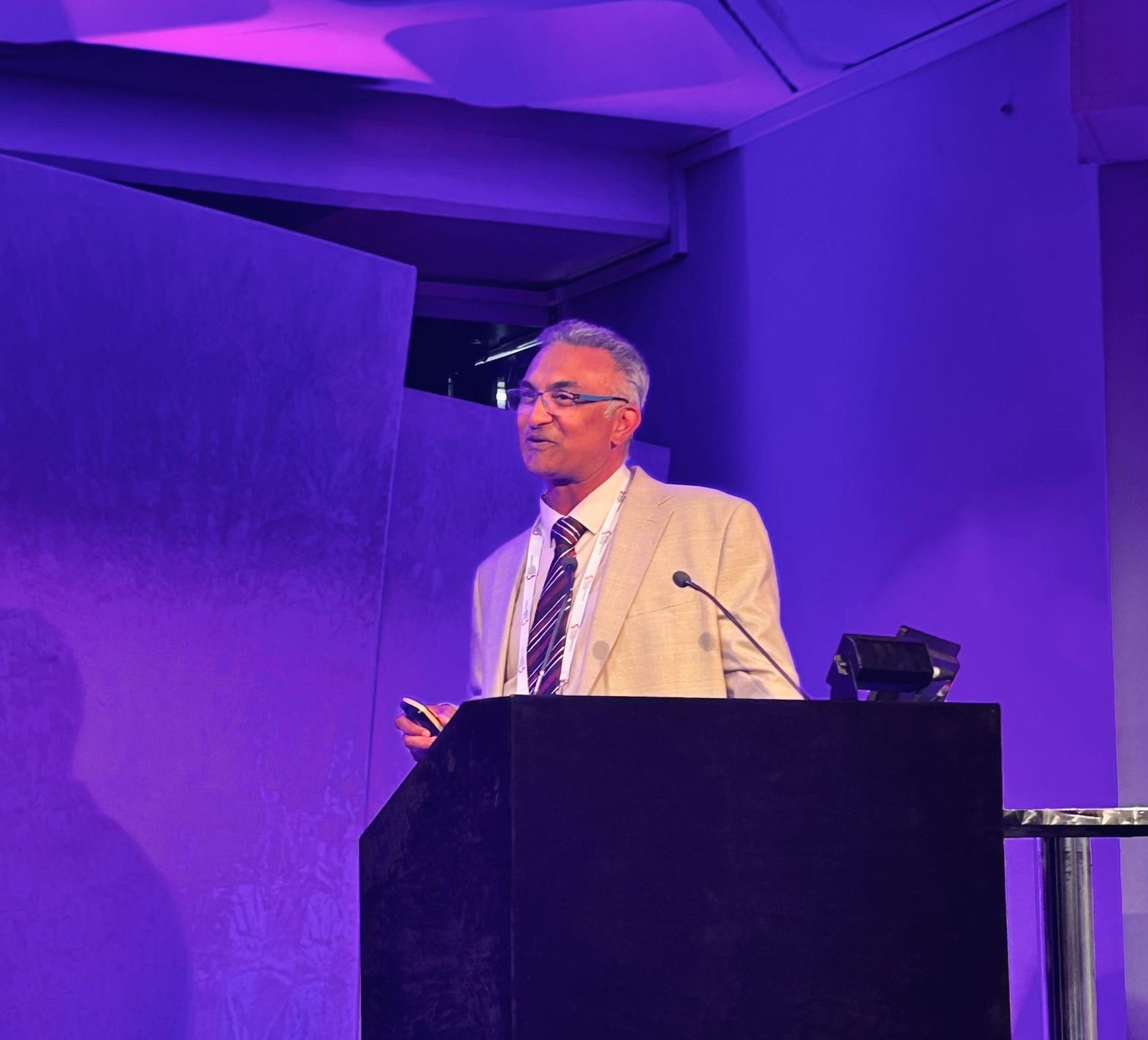
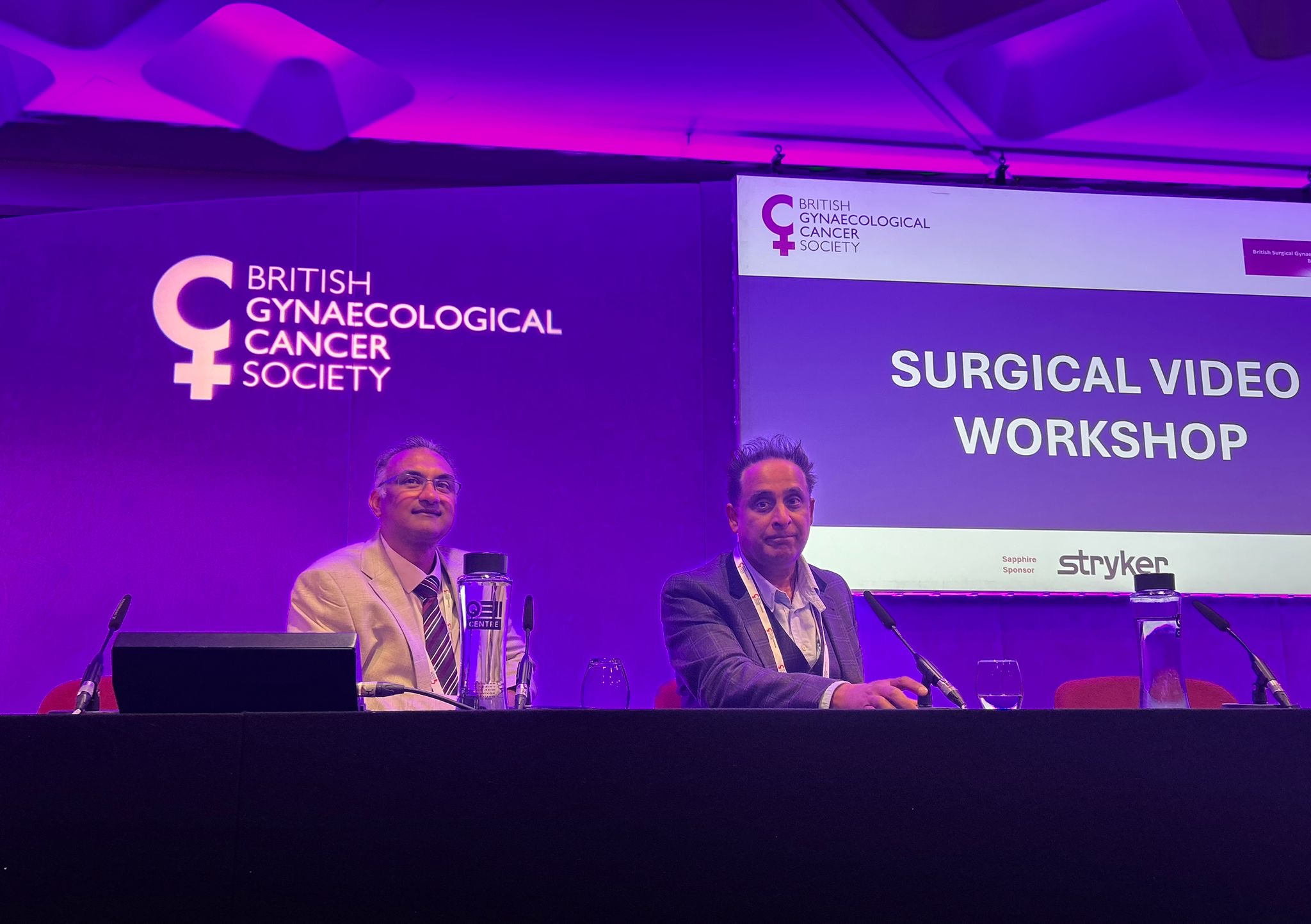
With the right surgeon, like Dr. Saurabh Phadnis in London, you can expect comprehensive care and a tailored treatment plan that enhances your recovery.
If you or a loved one is considering surgery, reach out to Dr. Phadnis for expert guidance and personalised care every step of the way.
If you’re concerned about an Ovarian Cancer Surgery, private consultations are available with Dr. Saurabh Phadnis, leading Gynaecologist, Oncologist, Surgeon, and Co-Lead Colposcopist based in London; specialising in gynaecological cancer. You can visit his clinic or call directly to book an appointment and receive expert care, advice, and personalised treatment.
Most patients can expect to take 6-12 weeks to fully recover. The initial recovery period is focused on rest, followed by gradually increasing activity levels.
In many cases, chemotherapy is recommended after surgery to kill any remaining cancer cells and reduce the risk of recurrence. Dr. Phadnis will provide a comprehensive treatment plan based on your condition.
The cost varies depending on the hospital and the complexity of the surgery. Dr. Phadnis will provide an estimate during your consultation.
As with any surgery, there are risks including infection, bleeding, and complications from anaesthesia. However, Dr. Phadnis uses advanced techniques to minimize these risks.
Yes, in many cases, ovarian cancer surgery can be performed using minimally invasive methods like laparoscopic or robotic-assisted surgery. These techniques reduce recovery time and improve outcomes.
Specialising in the field of gynaecological cancer, covering the entire spectrum from diagnosis to treatment and post-treatment care.